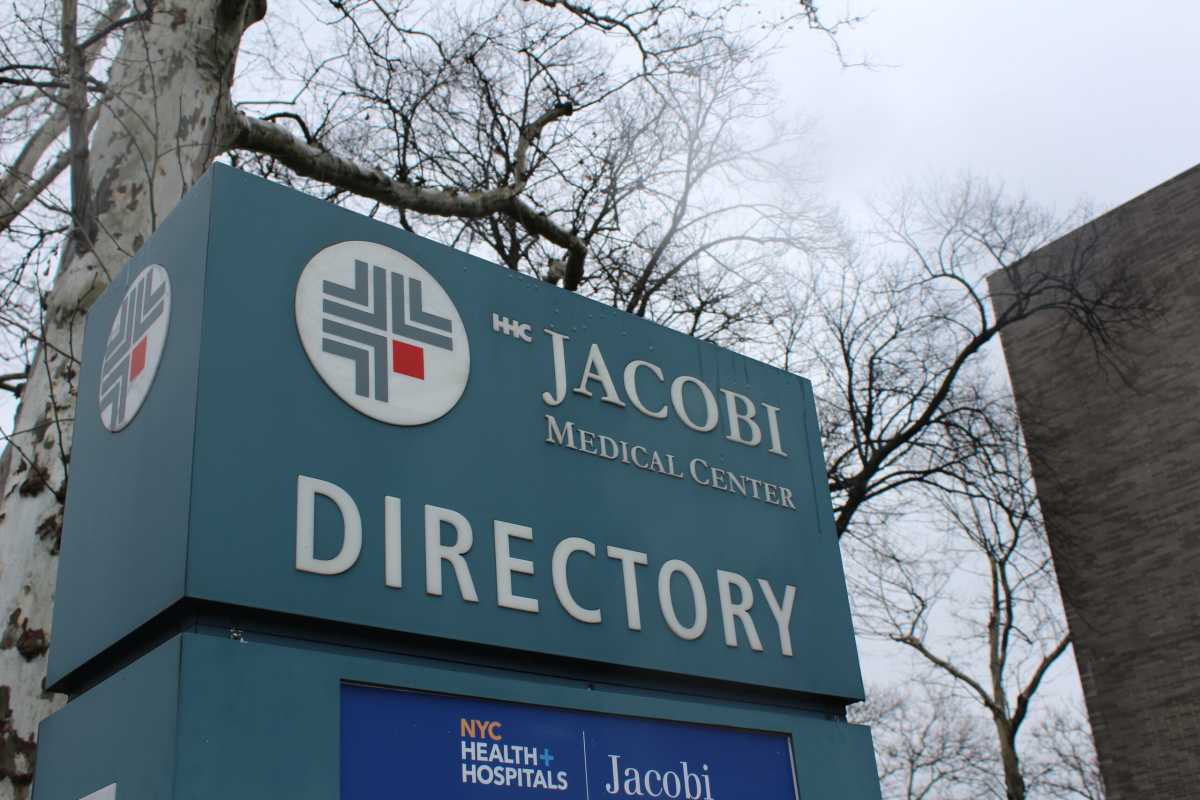Colorectal cancer is the fourth most common cancer and the second leading cause of cancer-related death in the United States. A great deal of effort has been made over the past 30 years to reduce the burden of disease by preventive measures as well as by early diagnosis, but several obstacles remain. Between one-quarter and one-third of adults do not undergo screening examinations and are not protected against the development of colorectal cancer.
Below are five misconceptions and one truism.
- The problem of colorectal cancer is getting worse. In fact, the problem is not getting worse. The incidence of colorectal cancer in people over age 65 has fallen by more than one-third over the past 30 years, predominantly due to undergoing screening examinations.
- The major problem of colorectal cancer is its development in young people. The number of people under age 50 who develop colorectal, and other, cancers has risen significantly but remain far below the numbers in older people. However, since older people have had a reduction in numbers, the percentage of diagnoses in younger people has risen substantially.
- The risk of colorectal cancer is inherited. Seventy percent of patients with colorectal cancer have no one else in their family with the disease. In a small percentage of patients, most or all first degree relative may develop colorectal cancer. There are many other risk factors, but in a study from Jacobi and North Central Bronx Hospital, the major factors leading to advanced cancer at diagnosis were having no primary care physician and not undergoing colorectal cancer screening.
- There is no need for colorectal cancer screening in someone without gastrointestinal symptoms. This is a major misconception. The finding of colorectal cancer in someone with no symptoms leads to five-year survival of over 90%, while the finding of colon cancer during the evaluation of new onset gastrointestinal symptoms has a five-year survival of around 20%. The best chance for cure is for colorectal cancer to be found before it is felt. In the same vein, “wellness” activities like a healthy diet, exercise, avoiding cigarettes, etc. are helpful but not sufficient to prevent colorectal cancer.
- Colorectal cancer prevention can be accomplished either using a stool-based test or a colonoscopy. The choice of examination is not either/or. A negative stool test is sufficient so long as it is repeated every year, but a positive test greatly increases the chances that there is a cancer or a polyp likely to become cancerous are present. In that case colonoscopy is needed to identify, localize, or non-surgically remove the problem. Colorectal cancer screening using a blood test is on the horizon, but this is more likely to be an early diagnosis of cancer more than a preventive measure.
There is a truism is all screening tests, “Any screening test is better than no test at all” or “The best screening test is the one that gets done.”
Donald Kotler, M.D. is the chief of gastroenterology at NYC Health + Hospitals/Jacobi. Those looking to book an appointment/screening with the Gastroenterology Department should call 718-918-5027.
For more coverage, follow us on Twitter, Facebook and Instagram @bronxtimes























